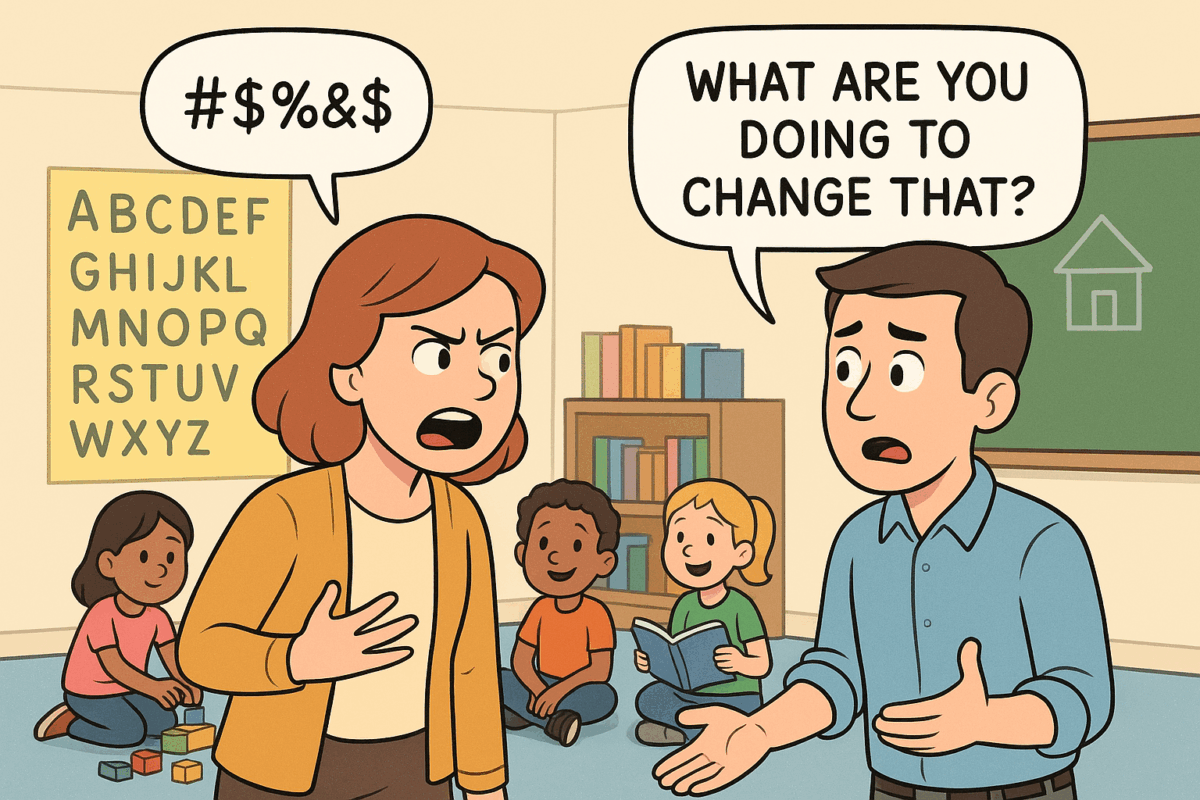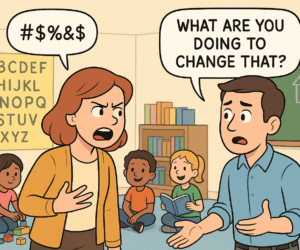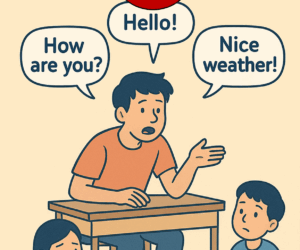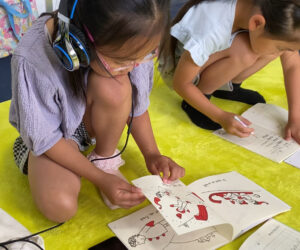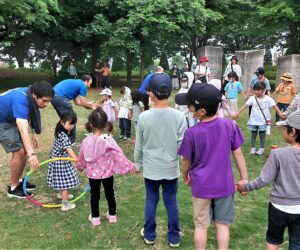Throughout my teaching career, I sometimes enounter teachers who, when they talk about teaching, seem to voice little except blame and complaints.
Early in my teaching experiences, as an Assistant Language Teacher (ALT) in Hokkaido, the most frequent complaints were from certain other ALTs about Japanese teachers of English (JTEs). Student ability was awful, but the real villains were Japanese English teachers, who did not know how to motivate students or teach English effectively.
In graduate school, similarly toned complaints were directed at students and occasionally at parents or the schooling system. Among those teachers prone to complain, conversations about teaching fixated on students’ ignorance and failings.
A teacher subculture of blaming and complaining
In both of these situations, a teacher subculture formed around blaming and complaining. Many excellent teachers whom I respected tended to stay away from these toxic blame and complain spirals, but a not-insignificant subset of teachers seemed to gravitate toward them. As a young teacher, I quickly learned to distance myself from this negativity. The blame-and-complain conversations did not help students. It did not make better teachers. If anything, the teachers who engaged this way were worse teachers because of the negativity.
At MY, I am thankful that this subculture has never really formed among teachers. MY usually does well with hiring. Our interview and teaching demo process helps us filter out those teachers who are given to negativity, complaining, and blaming.
What is different with teachers at MY? We don’t not talk about students’ weaknesses, struggles, and failings. We still talk honestly about problems that students have. When a student’s behavior is disrupting learning, this is a problem. The student needs to do and behave better. When a struggle stems from a problem at home, we recognize that parents need to provide better support. We ask questions to understand problems. We don’t blame and complain.
What is the value of pinpointing blame? As teachers, when a student fails in some way, we are still responsible to make that situation better. We need to understand the problem in order to know how best to intervene. Does blaming or complaining help find solutions? Usually, blaming and complaining just try to avoid responsibility.
A school culture of growth
The difference that I notice with teachers at MY and with many, many other excellent teachers over the years is displayed in one question: What can I do to change this? Complaints don’t follow with more complaints. Teachers ask each other, “What are you doing to change that?” We seek out space to grow.
This openness to challenge ourselves and challenge each other, “What are we doing to change that?” is a powerful force in a school culture. Student problems and struggles may or may not be our creations as teachers. We still need to find ways to grow success with our students. Asking ourselves what we can do to change a situation grows us into better teachers.

